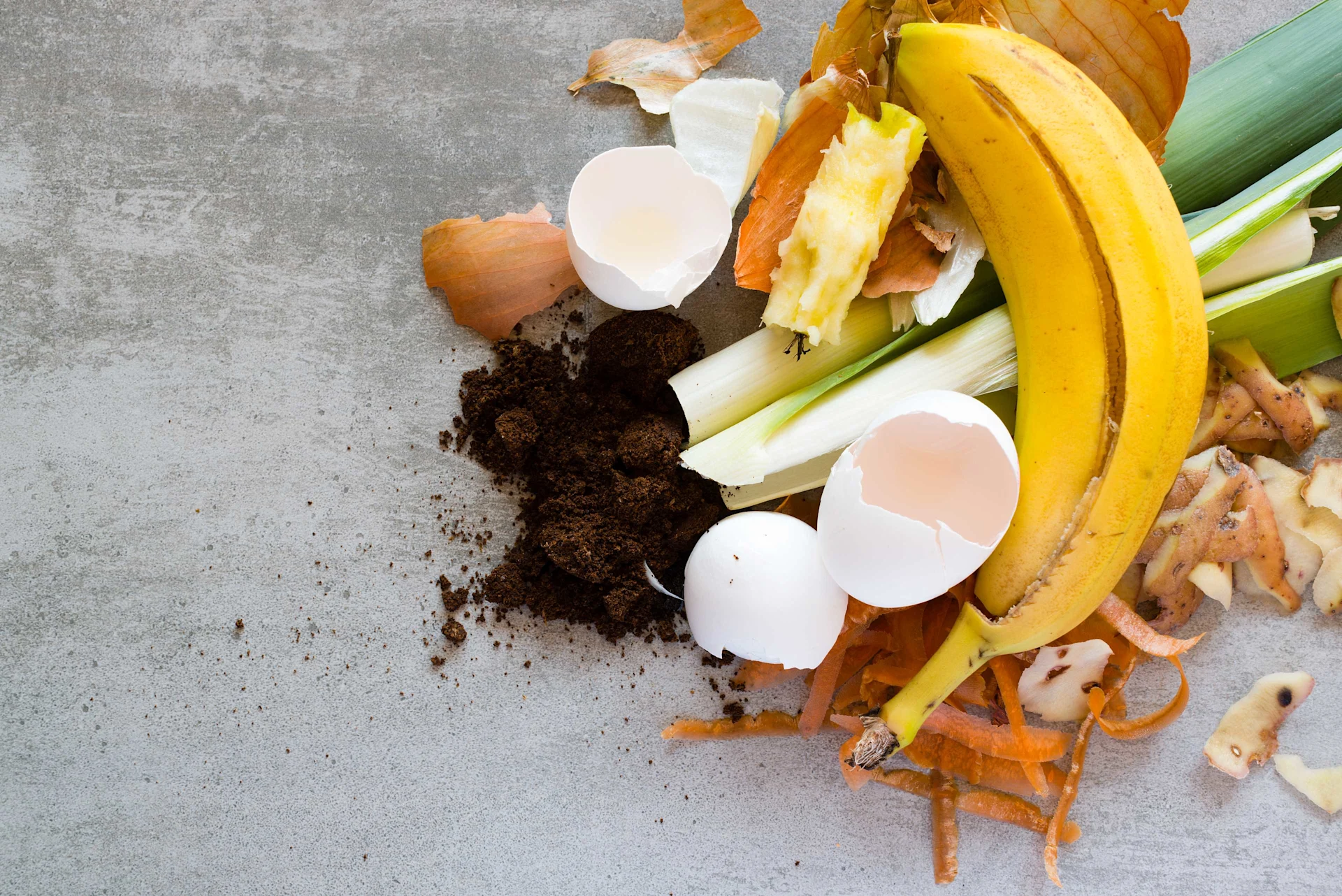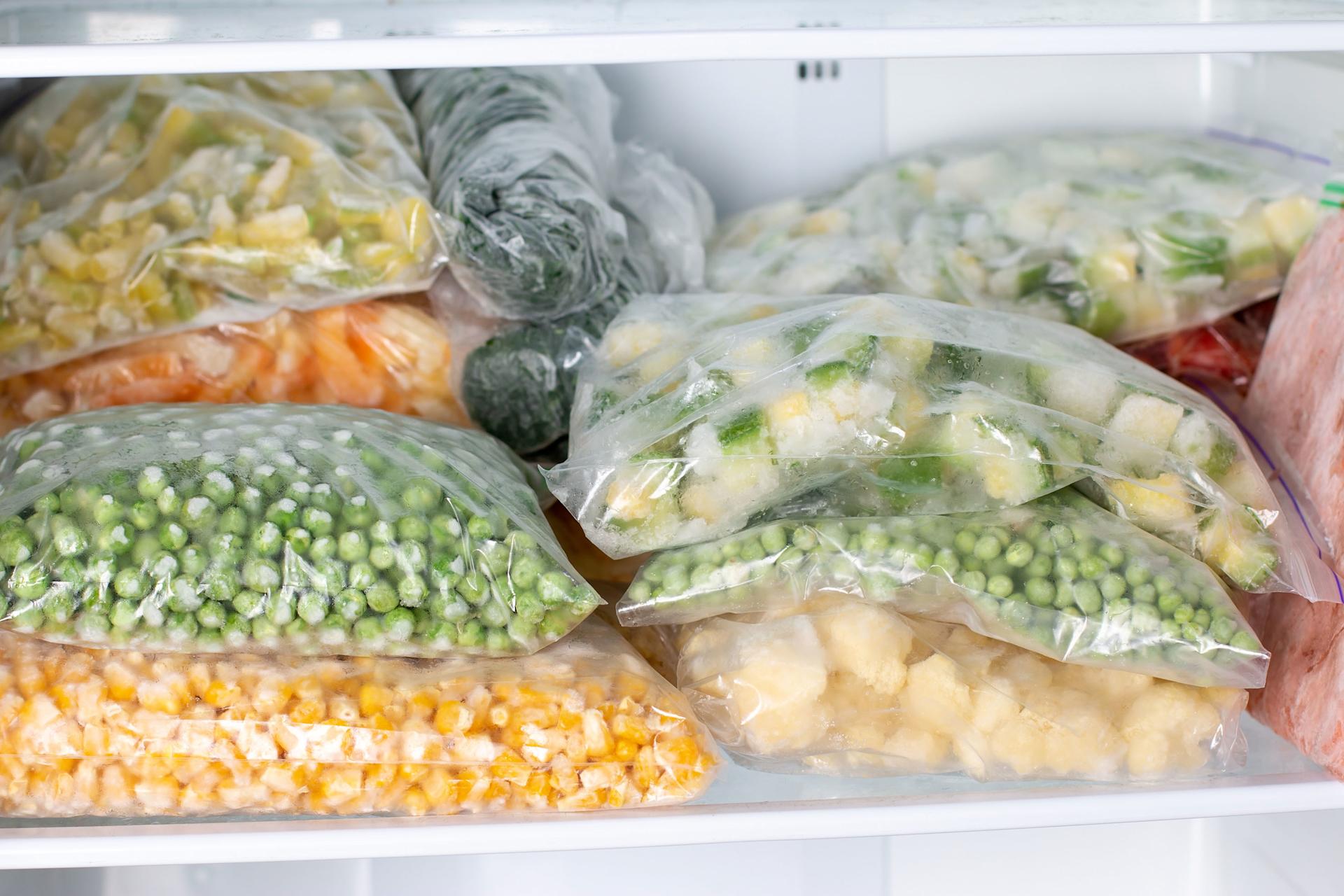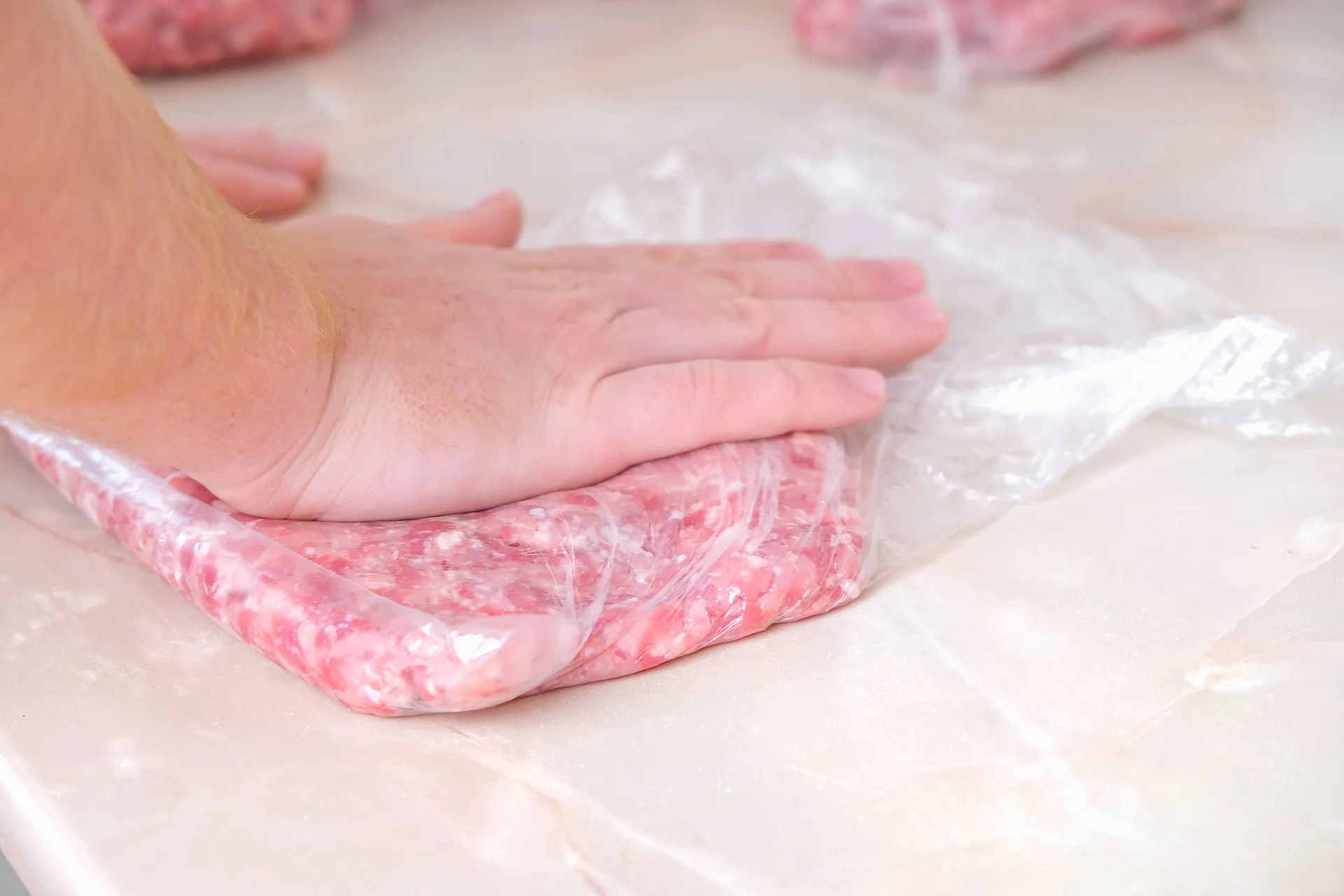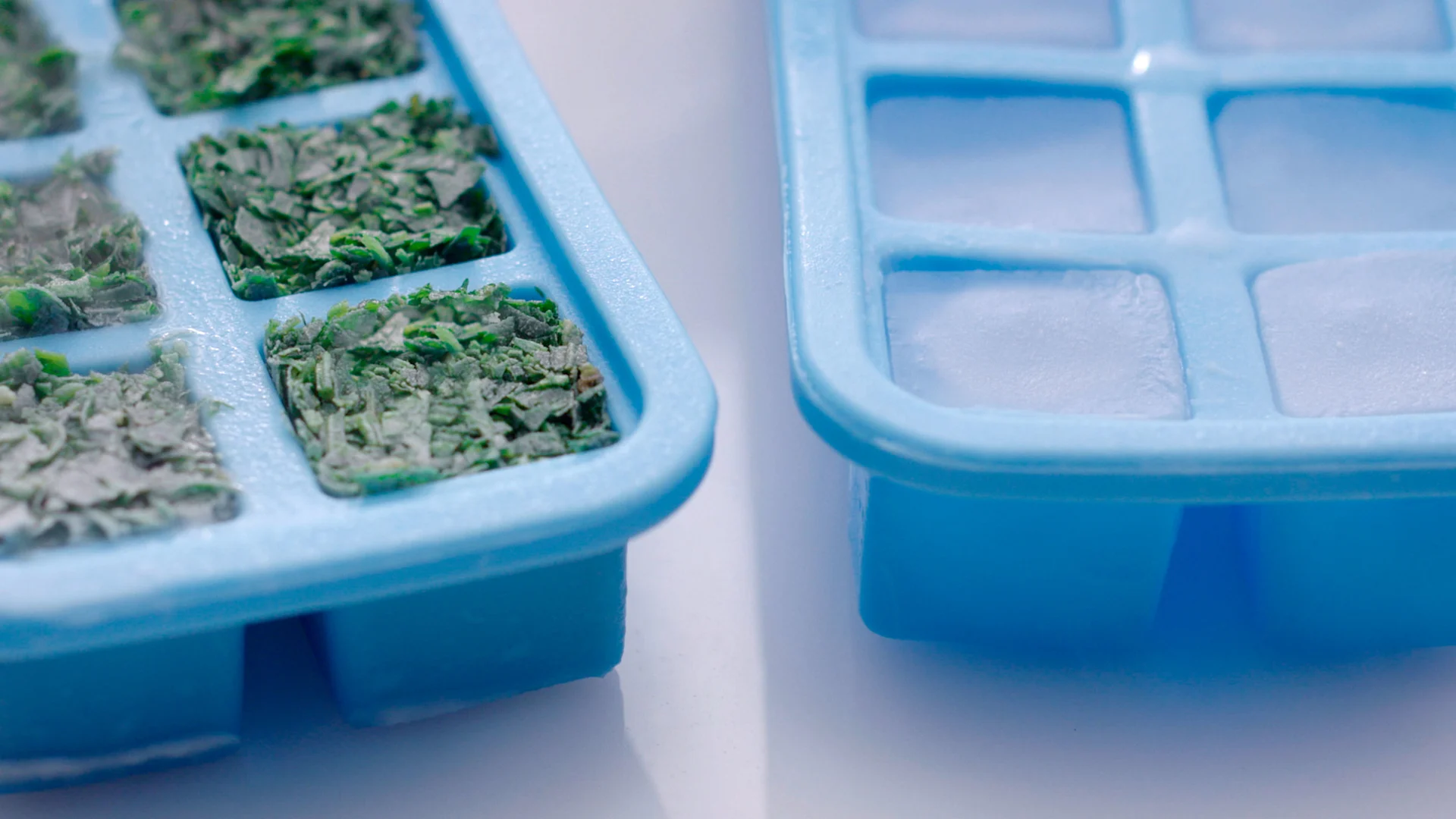
Food waste
What do you know about food waste?
Take part in the food waste quiz and find out how much you already know.
navigation

Conservare correttamente gli alimenti
How can we combat food waste? By planning better, using up leftovers, storing food properly – or, indeed, freezing it. Nine good-to-know tips for your freezer.
Frozen food keeps for three to six months, depending on what it is. After much longer, its quality and flavour can suffer. To prevent this from happening, write the date on the items before freezing them.

Yes. Ideally, you should freeze meat while it’s still fresh – and definitely before its use-by date. But how?
Just freeze it in its original packaging. This is quite safe, as far as hygiene goes, even for products packaged in a protective atmosphere.
That said, the packaging in question might lead to quality issues when freezing meat. In principle, the more air or gas there is surrounding a product, the longer it takes to freeze. And the longer the freezing process takes, the more likely it is that ice crystals will form. Plus, slower freezing leads to oxidisation processes, which can turn the fat rancid.
If you want to freeze products packaged in a protective atmosphere (like pre-bagged mince), it’s worth taking them out of the packaging before freezing them.
Es lohnt sich deshalb, Produkte, die unter Schutzatmosphäre abgepackt wurden (z.B. Hackfleisch im Beutel), vor dem Einfrieren umzupacken.
These rules of thumb apply:
If you do need to remove the meat from its packaging before freezing, you should wash it in salted water first, to remove excess fat. Then, pat it dry.
The more fat it contains, the less time it can be stored for. As a result, you shouldn’t keep sausages in your freezer for more than four months, while lean meat can be frozen for eight to ten months.

You’re making a recipe that requires a sprig of rosemary, but you can only buy it by the bunch? No problem. Herbs freeze well and can be used straight from frozen: just finely chop them before freezing and mix with a drop or two of oil to prevent them from turning brown.
This Migusto pro tip is sure to come in handy next time you’re using herbs: pop the herbs into an ice cube tray, add a splash of water and then use them cube by cube. You can do the same with limes or lemons that are starting to look a bit sad: just squeeze the juice, fill an ice cube tray with it and jazz up your next cold drink with the resulting cubes.
Sadly, it does: the longer you store fruit and vegetables, the more vitamins they lose. So, you need to bag up and freeze your vegetables while they’re as fresh as possible. When you close the bag, make sure to remove as much air from it as you can to preserve the vitamins.
Sadly not. Vegetables with a high water content, like lettuce, cucumbers or tomatoes, really aren’t suitable for freezing. Freezing them, and above all, defrosting them, waters down their flavour. There’s another rule of thumb to bear in mind here: the more water is in the vegetable, the slushier it becomes when it’s frozen. That’s fine if you’re making a soup, but it’s not great for lots of other recipes.
When it comes to potatoes, you’re better off not freezing them at all. The cold temperatures turn their starches into sugar, giving the potatoes a slightly sweet taste.
Brassicas like broccoli, cauliflower or Brussels sprouts, along with peas, fennel and carrots, need to be blanched before freezing. This denatures their cellular enzymes and kills germs, thereby enabling them to be frozen for longer.
Other tips:
Cut fruit and vegetables into small pieces before freezing them.
Chop ripe bananas (and ripe bananas only) into little chunks and freeze them. They’re great in nice-creams or smoothies.
Arrange berries individually in rows. After all, who wants to eat a thawed-out clump of berries?
Yes, but it depends on how much water it contains. The harder the cheese, the better it will freeze. Despite this, the taste can sometimes suffer and the texture can change. Nevertheless, defrosted mozzarella, for instance, works absolutely fine on a pizza. Any leftover raclette cheese will freeze well, too: just separate the slices from each other with greaseproof paper so they don’t stick together after being defrosted.
You shouldn’t freeze whole fresh eggs because they’ll likely burst. Similarly, hard-boiled eggs don’t get on well with the low temperatures, which make them rubbery. That said, beaten eggs, or fresh yolks and whites on their own, freeze well and can be used at a later date.
Yes. But depending on what the leftovers are, the quality might suffer. The important thing is not to fill the container right to the brim. When the contents freeze, they expand and take up more space. The upper limit is around two centimetres below the lid.
As a rule of thumb: defrost food slowly (e.g. in the fridge) then use it as quickly as possible. Defrosting food slowly combats potential quality issues, while using up products quickly is key in terms of hygiene. But do get rid of the water that comes out while the food is thawing – this is especially important for poultry. If you defrost frozen food on your balcony in winter and in your fridge in summer, you’re doing it right. Do note, though that you can also cook vegetables or homemade food straight from frozen.
With simple tips, you too can reduce food waste. Join now and let’s save food together.